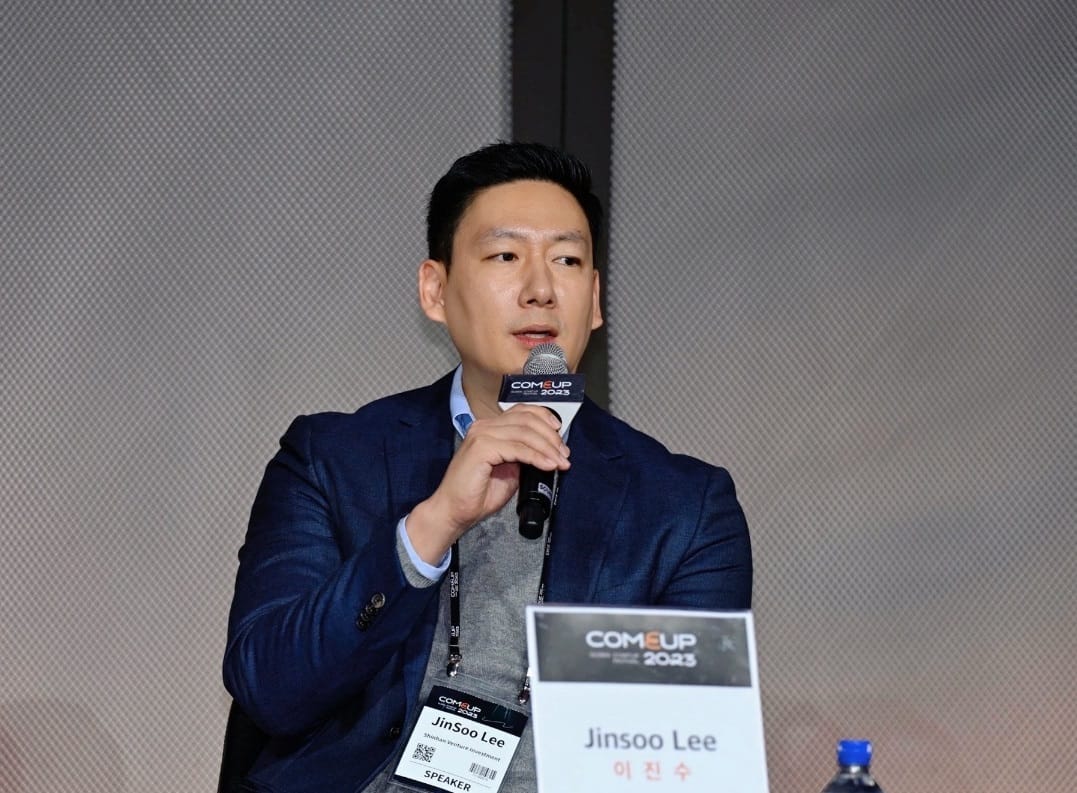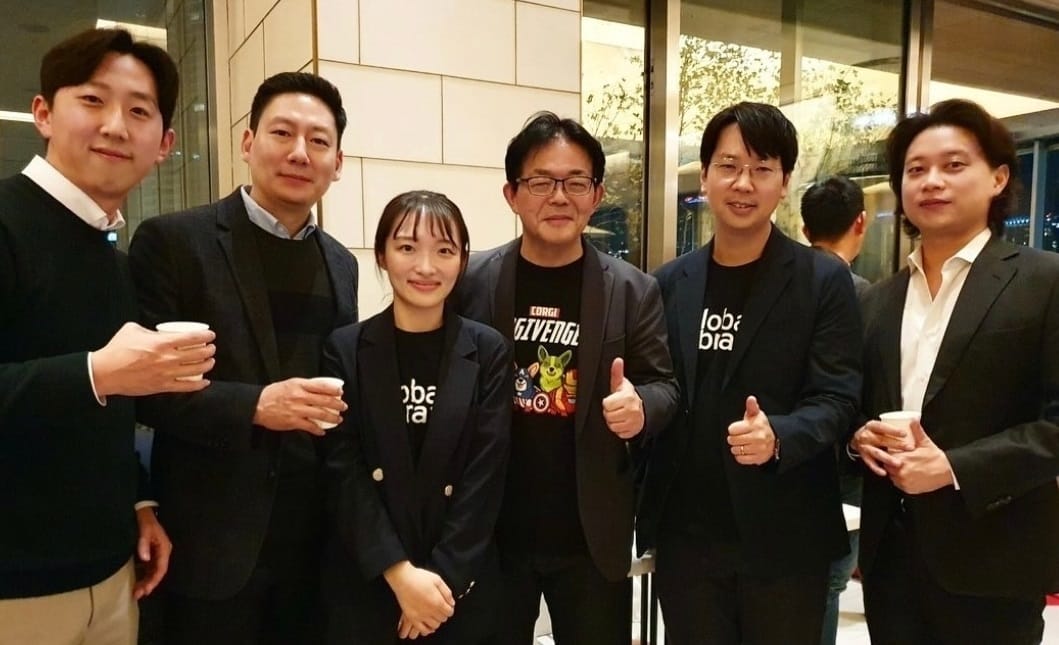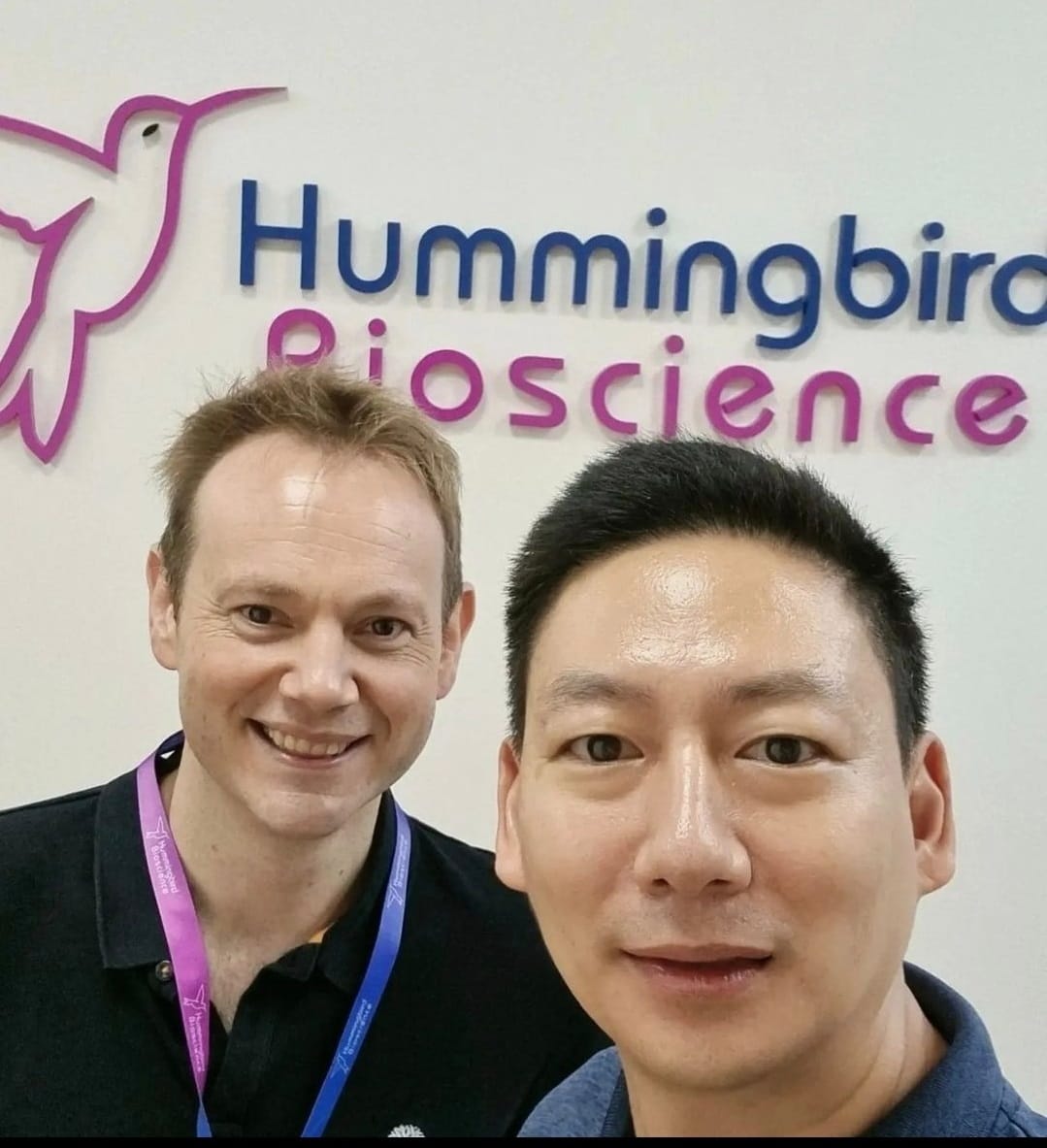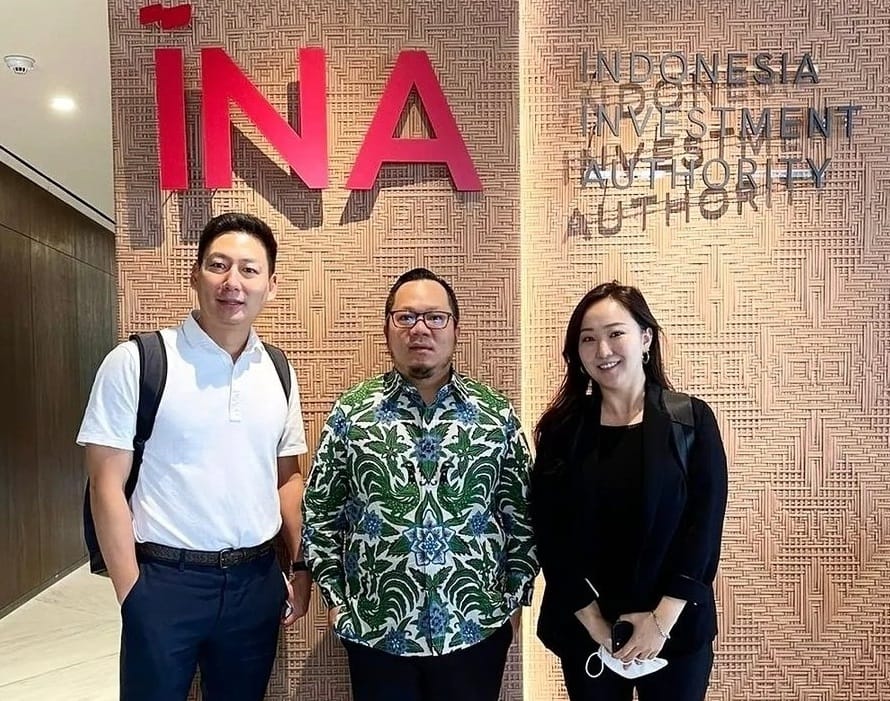Cracking the Code: How Global Investors Identify Winning Startups

Interview with Jinsoo Lee, Global Head of Shinhan Venture Investment
From major roles at SK Holdings and Hanwha Asset Management to leading Shinhan Venture Investment
Q1. Could you briefly introduce yourself?
I began my career in investment bank, navigating the complexities of IPO process for startups in diverse sectors—ranging from smartphone components to mobile software and contact lenses. This experience of witnessing the entrepreneurial journey up close has been invaluable in shaping my approach to venture investment today.
Transitioning to the proprietary trading team, I managed various hedge fund strategies aimed at achieving absolute returns regardless of market conditions, including pre-IPO, mezzanine investments, and long-short strategies. This period was instrumental in broadening my understanding of financial markets and investment dynamics.
At Hanwha Group, I spearheaded LP investments and direct investments in overseas VC funds as part of the Global Venture Investment Team. Subsequently, at SK Holdings, my focus shifted to early-stage and bio/healthcare startups, particularly those incubated by Y Combinator, a renowned US accelerator. This global exposure was critical in developing a nuanced perspective on startup ecosystems worldwide.
Now, at Shinhan Venture Investment, I oversee investments in Korean and global startups through our Global Fund, launched in 2022. Collaborating closely with partners like Global Brain in Japan, we are keenly positioned to capitalize on emerging opportunities.

Q2. Global investors are increasingly interested in Japanese startups. Why is this happening?
In 2022, the Kishida Cabinet unveiled a transformative five-year plan aimed at boosting startup investment to approximately 100 trillion yen by 2027. This significant influx of venture capital liquidity is energizing the Japanese startup ecosystem, fostering corporate growth even amidst challenging economic conditions like high interest rates and inflation.
South Korea's interest in Japanese startups mirrors a broader global trend. Venture capital firms across Asia, including those in Singapore such as Vertex, funded by Singapore's sovereign wealth fund, are expanding their footprints in Japan. This movement underscores the region's potential as a thriving hub for innovation and growth.
Q3. What are some of the current areas of investment focus in Japan?
Japan is witnessing a surge in investments in artificial intelligence (AI) and Software as a Service (SaaS). With a domestic market size estimated at 15 to 18 trillion yen—seven to eight times larger than South Korea—Japan's appeal to global investors is undeniable.
Among the top ten most funded companies in Japan, four are in the SaaS and AI sectors. The country's aggressive digital transformation (DX) initiatives are not merely about adopting cutting-edge technology but also revolutionizing corporate culture and workforce dynamics. Embracing AI, cloud computing, and data-driven decision-making catalyzes organizational innovation and boosts productivity.
The recent establishment of Sakana AI in Tokyo by two key developers from Google’s chatbot project, and its subsequent $30 million investment from firms like Khosla, Lux Capital, Sony, and KDDI, exemplifies Japan's vibrant startup landscape. Additionally, the Japanese government's open-door policy, easing regulations to attract foreign entrepreneurs, further enhances the ecosystem's dynamism.

Q4. Can you share some of your successful global investment experiences?
Seed-stage investment in GenEdit, a US-based CRISPR-Cas delivery technology startup with Sequoia, followed by significant backing from DCVC and Korean bio-specialized VCs, exemplifies our global investment approach. This year, GenEdit’s subsequent $644 million licensing out deal with Genentech underscores its pivotal role in advancing gene therapy.
Recognizing the transformative potential of AI in biotech, we invested in Hummingbird Bio, AI-driven antibody drug developer in Singapore. At the time, Hummingbird was collaborating with the Cancer Prevention Research Institute of Texas (CPRIT) and Sanofi. This investment culminated in a $430 million licensing agreement with a global pharmaceutical giant, highlighting the ability to identify and nurture breakthrough technologies.
Investing in Yanolja's Series C in Korea was another memorable milestone. Despite initial doubts about its value as a domestic lodging platform, I was drawn to its vision of revolutionizing leisure culture globally. Yanolja has subsequently broadened its global market penetration, evolved into a vanguard in AI, big data, and cloud realms, and garnered substantial global investments, thereby amplifying its worth as a decacorn startup.

Q5. What does it take to find successful global investment opportunities?
Staying attuned to the rapidly evolving market landscape requires ongoing study and engagement with global VCs and startups. My extensive experience in LP investments has been pivotal in establishing a strong network of investors spanning the US, Singapore, Indonesia, Japan, and beyond.
Cultivating strong partnerships with both domestic and global VCs has enabled me to transcend geographical barriers, fostering a mindset and investment strategy that are truly global.

Q6. Which sectors are favorable for Korean companies to go global?
Expanding globally is inherently challenging, but the current global enthusiasm for Korean brands and innovations presents a unique window of opportunity. Companies in the SaaS sector should particularly consider markets like Japan and the US, where there is a strong propensity to pay for IT solutions.
The bio/healthcare sector, characterized by its global lingua franca and robust exchange of research, offers significant potential for Korean companies to secure global investments and partnerships.
Moreover, the sustained global popularity of Korean content underscores its appeal beyond just Japan and Southeast Asia, extending to the US and other markets. Startups focusing on content IP and consumer goods are well-positioned for overseas expansion.
For startups, it is crucial to be selective and strategic due to limited resources. Building a strong domestic foundation and establishing a solid track record in Korea can serve as a springboard for successful global ventures.
Q7. Finally, do you have any advice and encouragement for companies preparing to go global?
While investors often favor founders with a clear vision for global expansion from the outset, companies that demonstrate robust growth and performance in the Korean market will inevitably attract both domestic and global investor attention.
I believe that founders who excel in the demanding Korean market—where customer expectations and standards are exceptionally high—are well-prepared to succeed globally. Companies that have proven their worth in Korea are now positioned to thrive in international markets.
As Vinod Khosla, the esteemed venture capitalist, aptly stated, no investor can run a company better than its founder. However, as a global investor, I see my role as a catalyst, facilitating connections with potential partners and investors worldwide. I am committed to supporting Korean startups in their journey towards global success. Thank you.
Key Takeaways from Jinsoo Lee’s Insights
- Market Opportunities: AI and SaaS sectors are ripe for expansion into Japan and the US, driven by robust investor interest.
- Global Networking: Building and maintaining a global network is crucial for identifying and capitalizing on lucrative investment opportunities.
- Proven Success: Demonstrating success in one market, especially Korea, can significantly boost credibility and attract global investors for further expansion.
